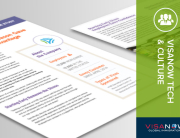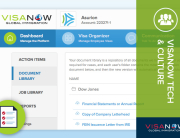Civil- and social-rights movements have catalyzed many of the most important and most historic changes in the United States. As a diverse nation, we have a colorful – and painful – history of social reformation over the years.
For members and supporters of the LGBT community, the battle has been a long and painful struggle for marriage equality and legal rights for same-sex couples. The Defense of Marriage Act (DOMA) is at the front of the news right now as many movements and people groups attempt to reverse its anti-equality effects.
Public activism for marriage equality began as early as 1972, according to a marriage equality timeline from freedomtomarry.org. Since then, many LGBT individuals have come out to declare their sexual identity, even in a time when it was not the norm.
The boldness of these members of society is a large part of how the marriage equality cause has come as far as it has: awareness is often the first step for social change, and the more people remain in the shadows, the less chance they have of gathering support.
The same holds true for the undocumented population in the U.S. today.
The marriage equality issue and the immigration issue are very different (although there is some overlap in the area of LGBT immigration equality), but they do have some key points in common.
For undocumented individuals, including DREAMers, there is often a coming-out-of-the-shadows process. Many DREAMers who disclose their undocumented status fear rejection by their peers, deportation by the U.S. government, and negative consequences from their employers or educators. Overcoming this fear has been a painful, but necessary, step for many undocumented immigrants.
Many success stories have arisen from DREAMers and other undocumented individuals who are willing to come forward as “undocumented and unafraid” (a mantra for some DREAMers; check out the ABC article here). This willingness has resulted in increased awareness of undocumented immigrants, a more accurate picture of who the DREAMers are, and a better public understanding of the need for immigration reform.
The work is certainly far from over, and there are many stories left to be told. To hear more about DREAMers’ stories, check out The Dream Is Now, a documentary about undocumented immigrants in the U.S.
Do you have questions about your immigration status? You can contact us online or connect with us on Facebook and Twitter.







